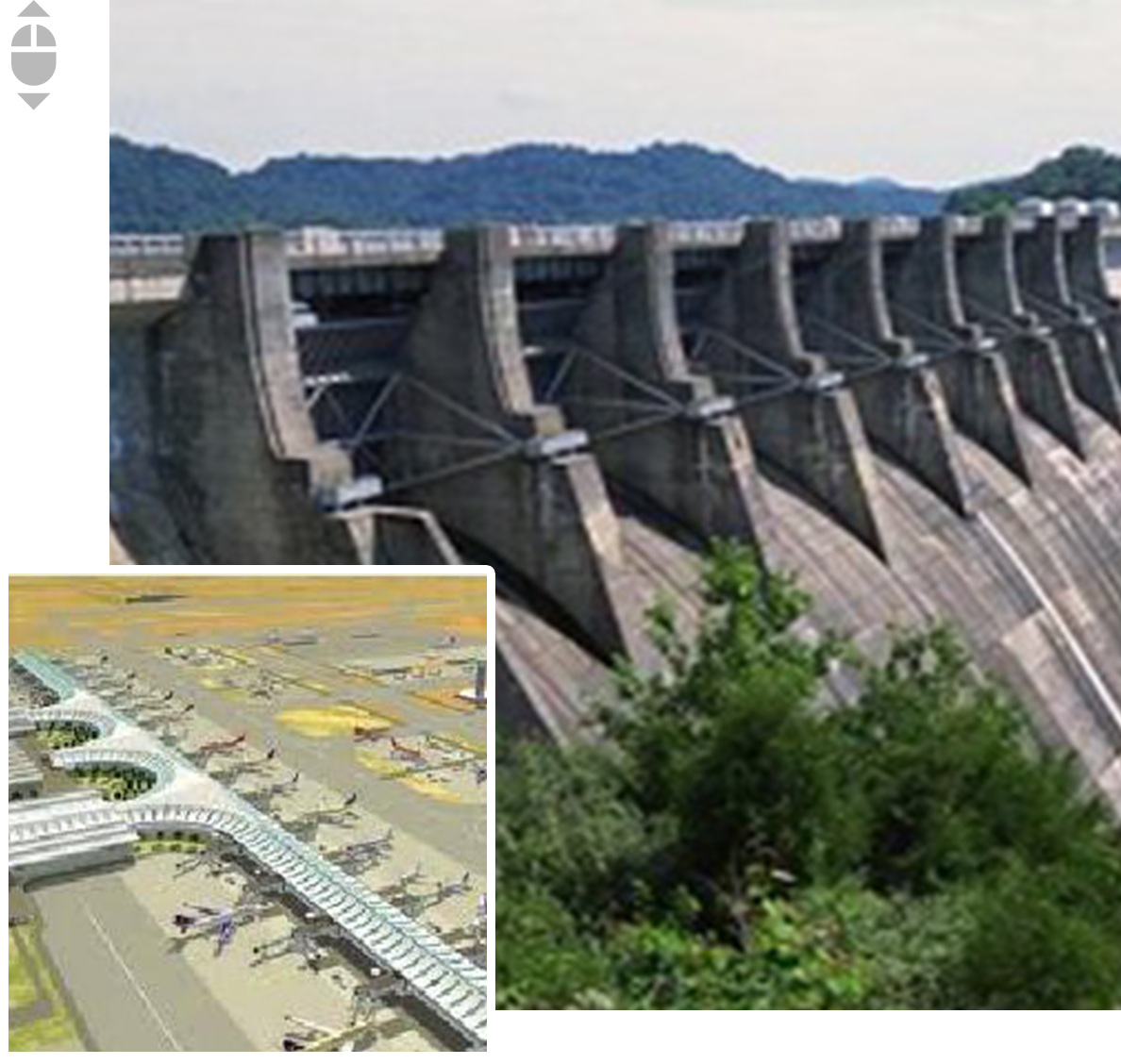WELCOME To The Department of CIVIL ENGINEERING
OVERVIEW
The civil engineering department is a recent addition to CE. The establishment of this department came in response to market demand, as the entire Kingdom is undergoing a huge urban construction boom.
Civil engineering is a professional engineering discipline that deals with the design, construction and maintenance of the physical and naturally built environment, including works such as bridges, roads, canals, dams and buildings. Civil engineering is the oldest engineering discipline after military engineering.
Civil engineering department at UBT offers the following sub majors:
- Structural engineering which deals with analysis and design of buildings, bridges , dams, malls, and building towers.
- Geotechnical engineering with design foundations of all type of structures.
- Transportation engineering deals with planning and design of roads.
- Construction engineering deals with planning and supervision of the execution of the structures and coordinate work between all parties involved in the construction.


.jpg)
.jpg)
.jpg)














